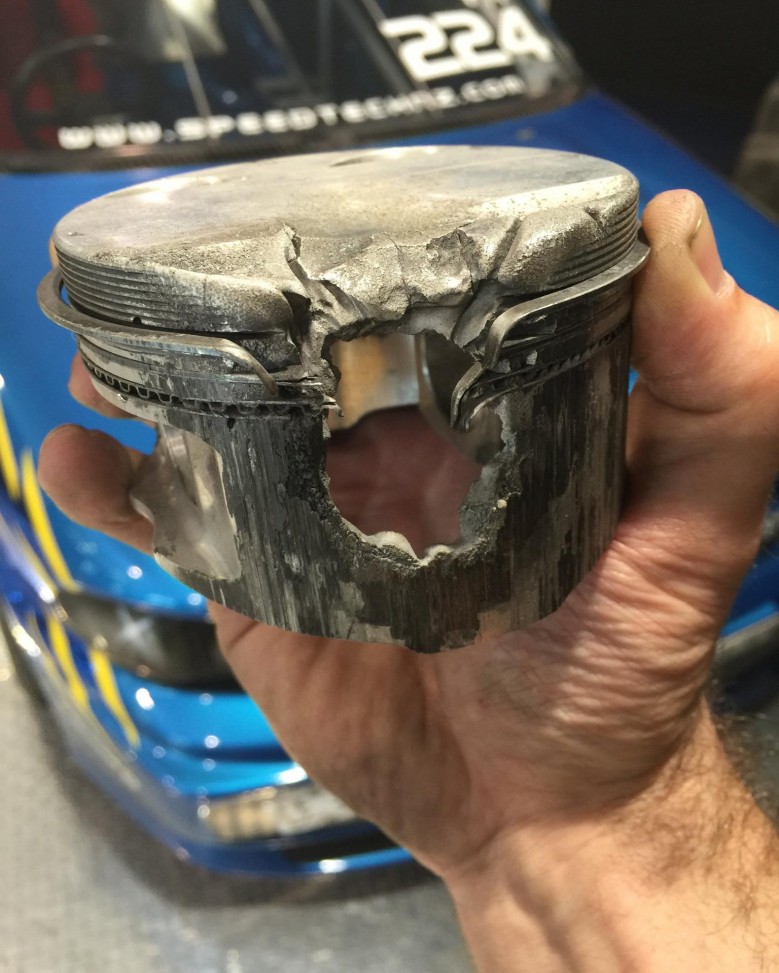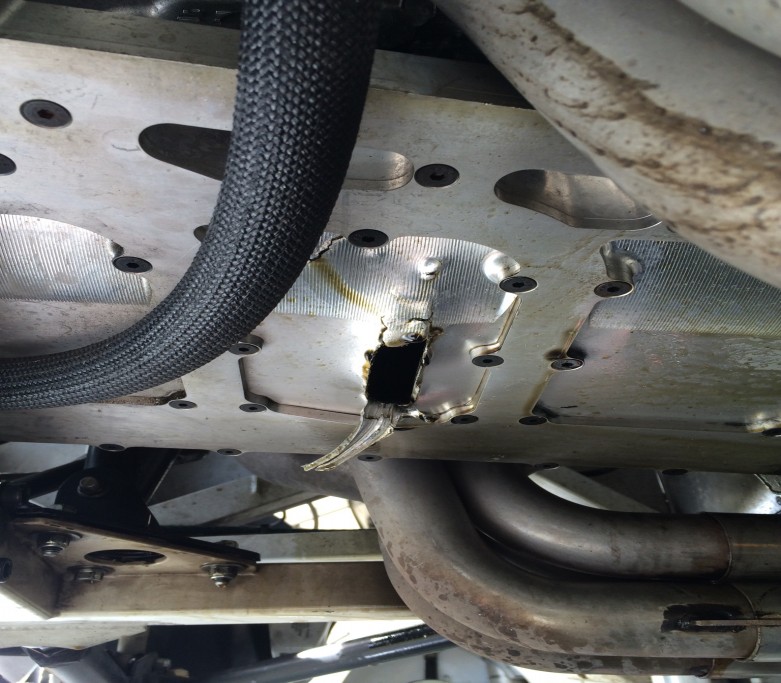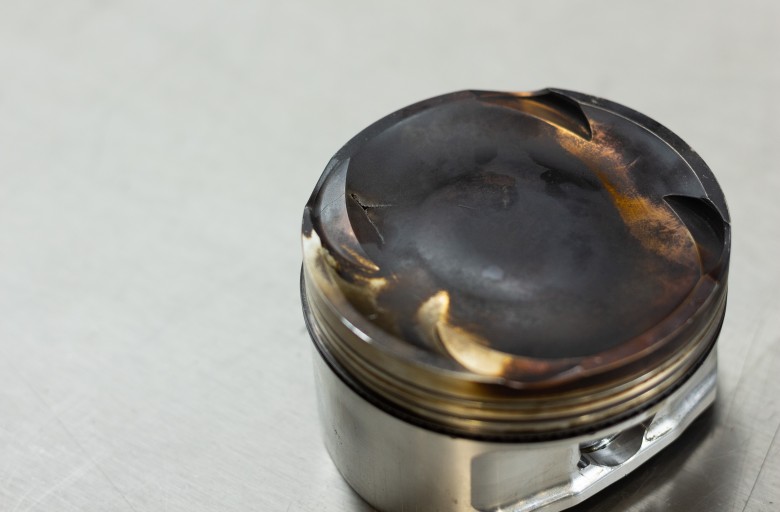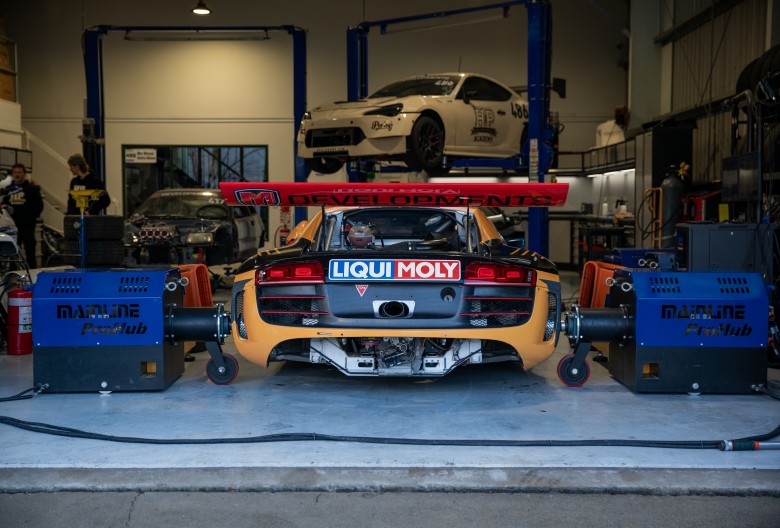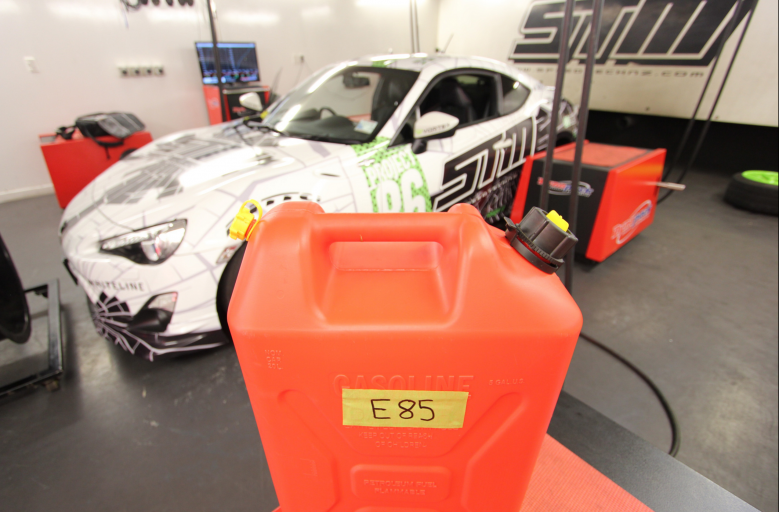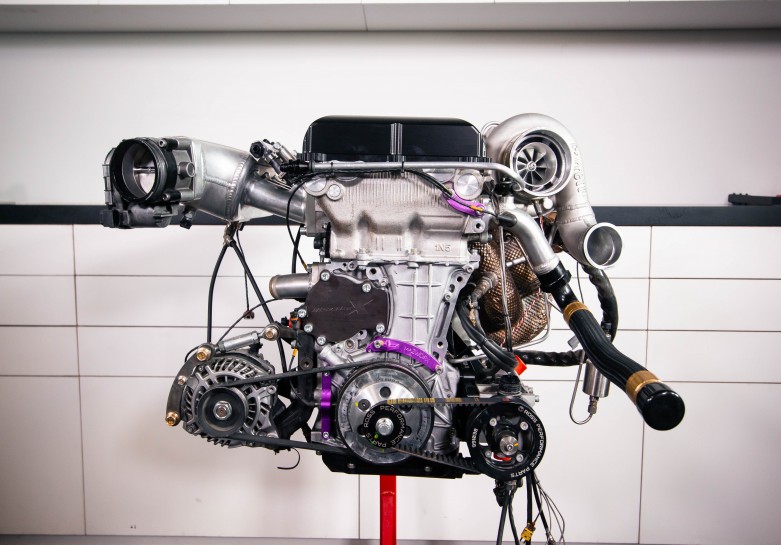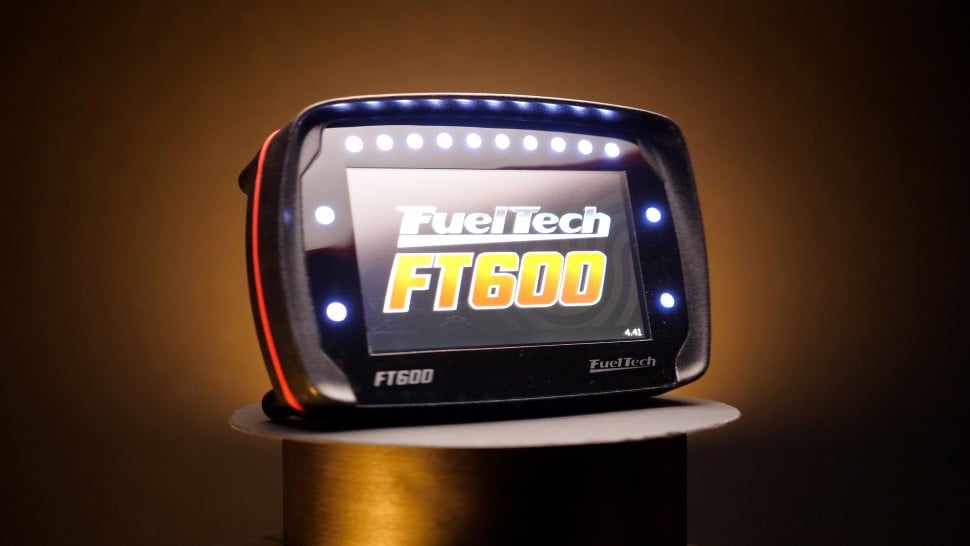Engine knock, also known as detonation, pinging or pinking, is in our opinion the most common cause of performance engine failure. Knock occurs in internal combustion engines when the air-fuel mixture in the cylinder 'explodes' spontaneously and uncontrollably rather than burning smoothly and predictably as intended. Here's a quick breakdown of the causes, symptoms, and effects of engine knock.
In this article: What Is Knock? | Why Is Knock So Dangerous? | Causes of Engine Knock/Detonation | What Does Knock Sound Like? | How Can I Monitor/Find Knock? | Easy Ways To Avoid Dangerous Knock | Conclusion On Knock/Detonation
What Is Knock?
Knock is an abnormal combustion condition that occurs after the spark has initiated combustion. As the flame front moves through the combustion chamber, the heat and pressure inside the combustion chamber will rise. In some instances, this increase in heat and pressure can be enough to cause pockets of end gas (unburnt fuel and air) to auto-ignite or spontaneously combust. We recommend watching this detailed "Understanding Knock" video lesson (it's free to watch if you enter your email) to get a better understanding of knock and its effect on the engine with a dyno demonstration.
Knock is often also mislabeled as pre-ignition (explained here) or pre-detonation, which is not a recognised term for anything but rather just a mix-up between the terms detonation and pre-ignition. When we're talking about knock in terms of detonation, we are also not talking about mechanical knocking noises any bent, failing or failed components might make.
Why Is Knock So Dangerous?
In performance engines, where precision for reliability and power for speed are our main focus, knock can be especially destructive. The abrupt and uneven combustion generates shock waves that can cause:
- Piston Damage: Cracks, holes, and even complete piston failure.
- Cylinder Wear: Accelerated wear and tear, reducing engine lifespan.
- Rod Bearings: Damage leading to expensive and untimely repairs.
- Power Loss: Reduced engine efficiency and overall power output.
- Total Engine Failure: Dramatc head gasket failure & completely seized blocks.
This is because when knock occurs, pockets of unburnt fuel and air around the perimeter of the combustion chamber can spontaneously combust as the temperature in the cylinder rises. During normal combustion the pressure rise in the cylinder is relatively smooth and controlled, however when knock occurs we see sharp spikes in pressure - Think of knock like a stick of dynamite exploding in the cylinder. The resulting pressure spikes can strip away the protective boundary layer, allowing the full heat of combustion to reach the piston.
In mild cases this results in a sandblasted appearance on the piston crown and cylinder.
Medium damage might include hammered rod bearings, melted spark plug electrodes or blown head gaskets.
More dramatic damage includes melted or cracked pistons, cracked piston rings, bent connecting rods or all of that plus everything else above. Failures like this can also cause some of these parts to create their own exits and vacate your engine block, which is just as expensive as it sounds.
Causes of Engine Knock/Detonation
There are a few root causes of knock during the tuning process and also out on the road/track. They include but are not only limited to:
- High Combustion Temperature: Excessive heat in the combustion chamber can cause the air-fuel mixture to ignite prematurely.
- Improper Air-Fuel Mixture: A mixture that is too lean (too much air and not enough fuel) can increase the likelihood of detonation.
- Incorrect Spark Timing: If the spark plug fires too early or too late, it can lead to knocking.
- Faulty Knock Sensor: Modern engines are equipped with knock sensors that adjust the engine parameters to prevent knocking. A malfunctioning sensor can fail to correct the conditions that lead to detonation.
What Does Knock Sound Like?
The video below shows what knock sounds like when listened to through a knock detection device, in this case, a Plex Knock Monitor system. We recommend listening to this via headphones, noting that it is harder for some people to hear than others, depending on their personal hearing health.
How Can I Monitor/Find Knock?
There are many different knock detection systems on the market, and many modern vehicles have onboard knock control from the factory that can be utilised even with our aftermarket tuning processes. You can find some examples of audio knock detection systems here, and you can learn more about knock sensor placement here.
Easy Ways To Avoid Dangerous Knock
There are a few different ways we can avoid encountering knock levels that will damage our performance engine while tuning or out on the street or race track.
- Temperature and Pressure Management: Since knock is caused by high temperature and pressure, managing these factors is crucial. This can involve using higher octane fuel, which is more resistant to knock, or employing intercoolers to lower intake air temperatures.
- Proper Tuning: The engine should be correctly tuned, especially the ignition timing table. This involves adjusting the spark timing to ensure that combustion occurs at the right moment. From there, a knock control strategy can serve as a safety net for unexpected conditions, such as poor fuel quality or extreme ambient conditions but it isn't a substitute for poor tuning.
- Fuel Mixture Adjustment: A richer fuel mixture can help cool the combustion chamber, reducing the likelihood of reaching the auto-ignition temperature and pressure that cause knock. Conversely, a leaner mixture can increase the temperature and risk of knock.
- Knock Detection Systems: Utilizing audio knock detection equipment, such as det cans or electronic knock detection systems, can help identify knock early. This equipment can detect the unique sound of knock, which often resembles a click or tick, and allows for real-time adjustments.
On the engine-building side of the equation, there are other considerations beyond this, including your choice of compression ratio. Such solutions are not always as practical as simply filling your tank with high-octane fuel or even switching to an ethanol blend like E85, noting that different fuels do require a different tuning approaches.
Conclusion On Knock/Detonation
Knock or detonation is a critical issue that can lead to severe damage in performance engines if not properly managed. Understanding the causes, symptoms, and effects of knock is essential for anyone involved in engine tuning or performance driving. By employing strategies such as using quality high-octane fuel, proper tuning, managing temperature and pressure, and utilizing effective knock detection systems and protection strategies, the risk of knock can be significantly reduced or even almost completely removed.
By taking proactive measures rather than reactive ones once pieces of your performance engine are spread all over the road, you can ensure that your engine operates smoothly and efficiently, avoiding the costly consequences of knock.
Whether you're wiring in a knock sensor, building your performance engine or tuning it, arming yourself with accurate knowledge and applying it correctly is a great way to keep money in your wallet and more stress-free miles ticking up on your odometer.
```

